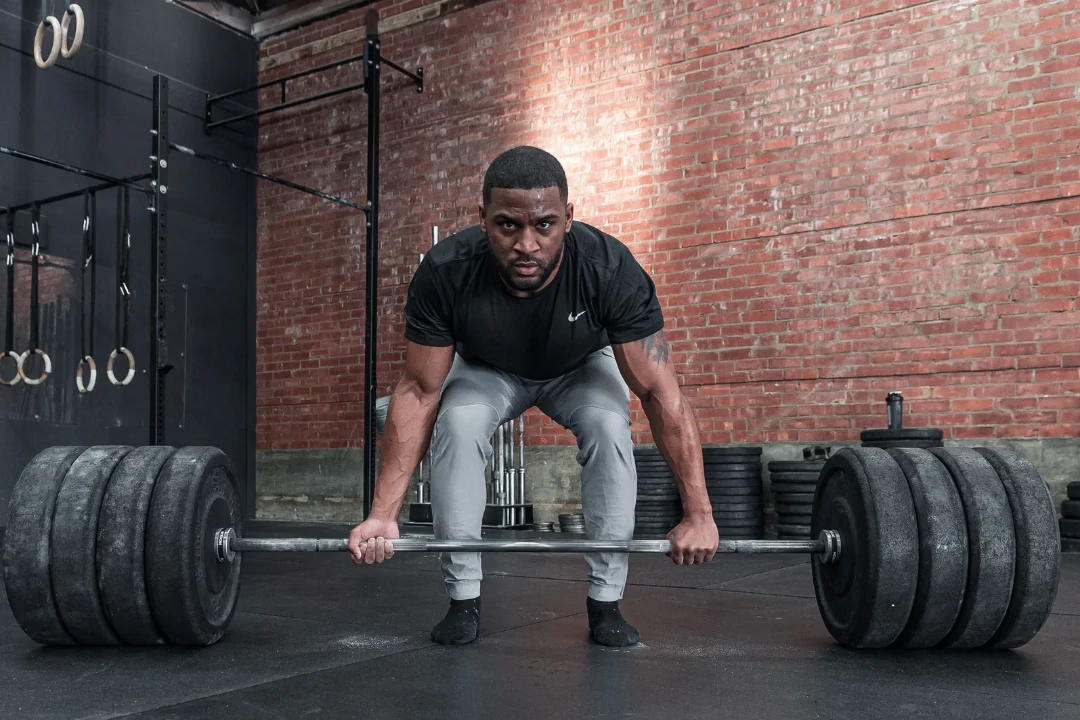When it comes to strength training and powerlifting, one question often sparks debate: Does body weight matter in lifting?
The short answer: Yes — but it’s more complex than just “the heavier you are, the stronger you get.” Your body weight interacts with muscle mass, body composition, leverage, and training style to influence performance.
Let’s break down the science, the benefits, and what this means for your own lifting goals.
How Body Weight Affects Strength
-
Muscle Mass Matters More Than Fat
A heavier body can support more muscle mass, and muscle is the key driver of strength. This is why many elite lifters in higher weight classes can lift extraordinary amounts — they’ve built more muscle over time.
However, extra body fat without muscle gain doesn’t significantly improve lifting power.
-
The Leverage Factor
Your body’s proportions — limb length, torso size, and joint angles — can affect lifting performance.
- Shorter arms may make bench pressing easier.
- Longer torsos may benefit deadlifts.
Weight gain can also subtly change leverage by increasing torso mass and stability.
-
Strength-to-Weight Ratio
While heavier athletes can often lift more absolute weight, lighter lifters may have a better strength-to-weight ratio.
Example:
- A 60 kg lifter benching 100 kg = 1.67x body weight
- A 100 kg lifter benching 150 kg = 1.5x body weight
In sports like gymnastics, calisthenics, and climbing, relative strength is more important than total load lifted.
The Role of Weight Classes
In competitive lifting, athletes are divided into weight classes to keep competition fair.
- Lighter classes often excel in strength-to-weight performance.
- Heavier classes usually dominate absolute weight lifted.
This means the “ideal” body weight for lifting depends on your competitive goals.
Does Gaining Weight Help Lift Heavier?
It can — if that weight is mostly muscle.
- Bulking phases in strength training are designed to increase lean mass.
- Gains in fat without corresponding muscle growth will not provide the same lifting benefits and may even hinder performance in bodyweight exercises like pull-ups.
Body Composition and Lifting Strength
The quality of your weight matters. Aim for:
- Higher lean muscle mass for maximum strength gains.
- Lower excess fat to maintain agility and cardiovascular health.
A well-structured nutrition plan paired with resistance training will optimize results, whether your goal is to lift more or improve your strength-to-weight ratio.
Ideal Body Weight for Strength Training
There’s no “one size fits all,” but general guidelines include:
- Train in a weight range that allows you to maintain energy, joint health, and performance.
- Monitor body fat percentage — excessive fat gain can slow progress.
- Focus on progressive overload and recovery rather than just the number on the scale.
When Lower Body Weight Is Better
If your goals include:
- Calisthenics
- Rock climbing
- High-rep CrossFit workouts
- Gymnastics
…a leaner frame with a high strength-to-weight ratio will serve you better than simply bulking up.
When Higher Body Weight Helps
If your focus is on:
- Powerlifting
- Strongman competitions
- Olympic weightlifting
…a higher body weight (from muscle gain) can increase absolute lifting potential, especially in lower body lifts like squats and deadlifts.
Final Takeaway
Does body weight matter in lifting? Absolutely — but muscle mass, body composition, and training focus matter even more. Whether you’re lighter and aiming for relative strength, or heavier and chasing max lifts, the best results come from balancing weight with performance-driven training and nutrition.
Instead of fixating on the scale, track strength gains, energy levels, and overall health — these are the real markers of lifting success.
